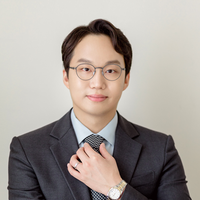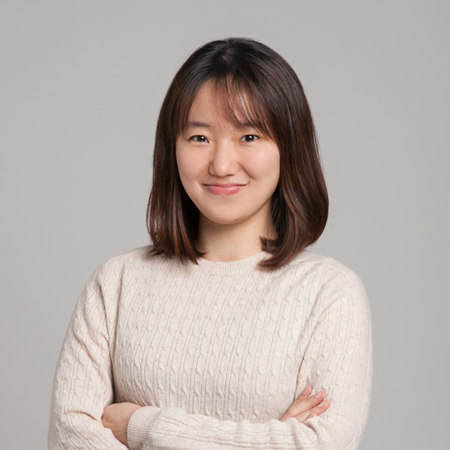Artificial intelligence & robotics
Lucy Park
Lowering the barriers to knowledge through data.

China
Sisi Duan
Duan designed several representative Byzantine fault-tolerant protocols and has achieved outstanding results.

Global
Dorsa Sadigh
She uses simulated environments to teach robots to be better collaborators with people.

Global
Emma Pierson
She employs AI to get to the roots of health disparities across race, gender, and class.

Korea
Jinsung Yoon
AI in anomaly detection, self-and semi-supervised learning, and time-series modeling.
